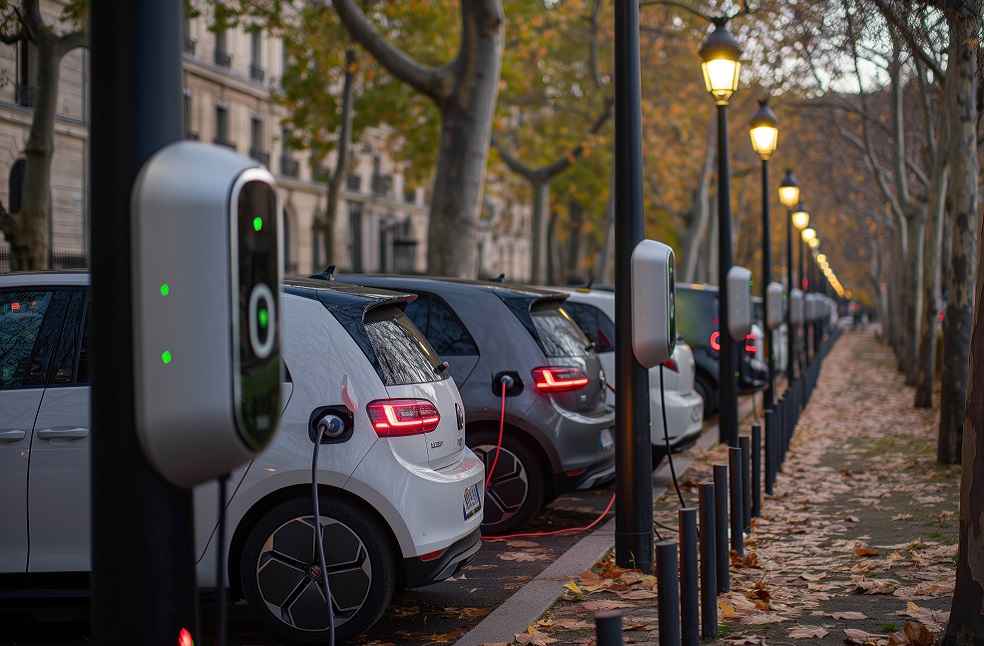Canada’s federal government plans to unveil proposed updates to its EV sales mandate this winter, federal officials stated on Monday.
Mark Cauchi, Director General of Energy and Transportation at Environment and Climate Change Canada, informed members of the House of Commons environment committee that his department intends to release the review of the mandate by the end of the year.
“The review will consider potential amendments to sales targets, including the 2035 standard, and will explore possible additional flexibilities,” Cauchi said.
Beginning next year, automakers are required to ensure that 20% of all new cars, SUVs, and light-duty trucks sold are zero-emission vehicles, including plug-in hybrids. Under the existing mandate, these sales targets are set to increase gradually, reaching 60% by 2030 and 100% by 2035.
On September 5, Prime Minister Mark Carney unexpectedly suspended the 2026 EV mandate and initiated a 60-day review.

In response to the impact of U.S. tariffs on Canada’s auto industry, he granted automakers a one-year exemption from the sales targets to ease financial strain—although many of those manufacturers demanded a full repeal of the mandate.
Cauchi stated that the government will accept feedback until Tuesday, marking the end of the 60-day review period. He added that the department aims to release the review’s findings before the end of the year and hopes to finalize any changes to the EV mandate by late 2026. EV sales in Canada reached a monthly peak of 18% last year when consumer rebates of up to $5,000 were available, but sales sharply declined after the government suddenly ended the rebate program due to depleted funding.
Meanwhile, Canada’s automakers consistently argued that the mandate set targets that were unrealistic and unattainable due to insufficient consumer demand.
Federal ministers have indicated that the government intends to reintroduce a rebate program, though no specific timeline has been provided. Automakers argue that the mere expectation of these rebates is dampening current sales, as buyers are holding off in anticipation.

Under the existing mandate, manufacturers who fall short of their EV sales targets can purchase credits from companies that exceed them.
In September, the Canadian Vehicle Manufacturers’ Association, which represents Ford, General Motors, and Stellantis, cautioned that automakers could face billions in credit costs if the mandate is implemented as currently outlined and sales fail to accelerate.
The rules also permit automakers to earn credits by investing in charging infrastructure, with one credit awarded for every $20,000 spent. However, the government has limited this option to just 10% of a manufacturer’s sales target, preventing companies from relying solely on charging station investments to offset shortfalls.
On Monday, federal officials indicated that revising the credit system is also being considered as part of the ongoing EV mandate review.
DON’T MISS | Tesla Faces Another Lawsuit Over Model S Door Handle Flaw





